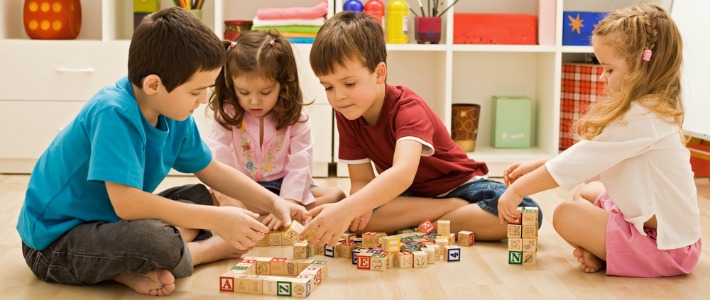Initially developed in the turn of the 20th century, today play therapy refers to a large number of treatment methods, all applying the therapeutic benefits of play. Play therapy differs from regular play in that the therapist helps children to address and resolve their own problems. Play therapy builds on the natural way that children learn about themselves and their relationships in the world around them (Axline, 1947; Carmichael, 2006; Landreth, 2002). Through play therapy, children learn to communicate with others, express feelings, modify behavior, develop problem-solving skills, and learn a variety of ways of relating to others. Play provides a safe psychological distance from their problems and allows expression of thoughts and feelings appropriate to their development..



